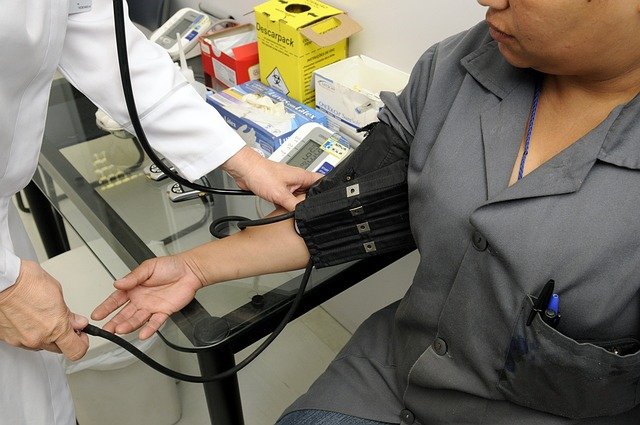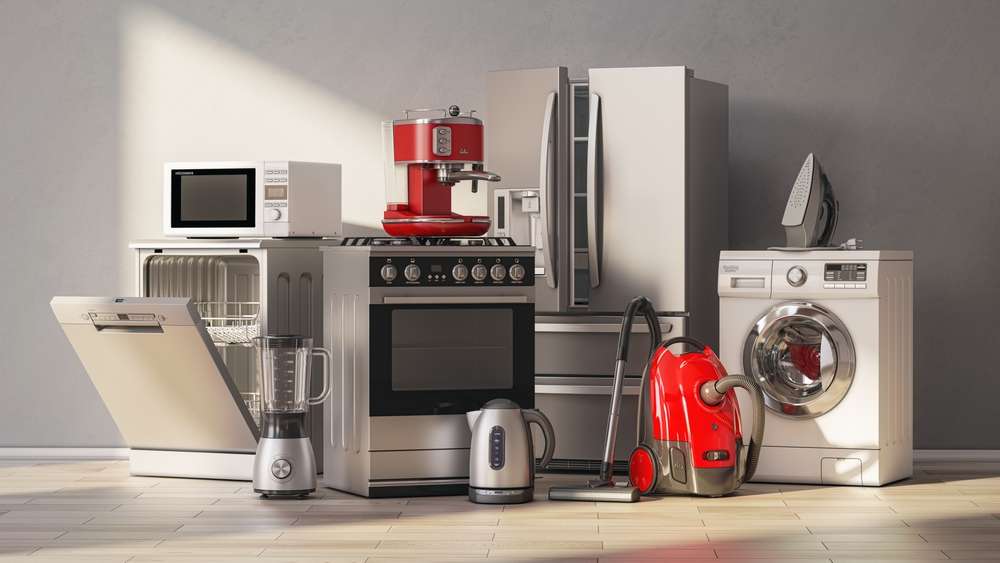Understanding Depression Tests: Your Guide to Mental Health Screening
Depression tests serve as valuable screening tools that help individuals and healthcare professionals identify potential symptoms of depression and related mental health conditions. These assessments, ranging from simple self-evaluation questionnaires to comprehensive clinical evaluations, provide important insights into your emotional well-being and can be the first step toward getting appropriate support and treatment.

What Is a Depression Test and How Does It Work?
A depression test is a standardized assessment tool designed to evaluate symptoms, severity, and patterns associated with depressive disorders. These tests typically include questions about mood, sleep patterns, appetite changes, energy levels, concentration difficulties, and feelings of hopelessness or worthlessness. Most depression screening tools use scoring systems that help categorize the severity of symptoms, ranging from minimal to severe levels of depression.
Healthcare professionals commonly use validated instruments like the PHQ-9 (Patient Health Questionnaire-9), Beck Depression Inventory, or Hamilton Depression Rating Scale. Online self-assessment tools are also available, though they should never replace professional medical evaluation. These tests work by identifying key symptoms outlined in diagnostic criteria and providing a structured way to assess their frequency and impact on daily functioning.
Understanding Bipolar Depression Test Options
A bipolar depression test differs from standard depression screening because it evaluates both depressive episodes and manic or hypomanic symptoms. Bipolar disorder involves alternating periods of depression and elevated mood states, making accurate diagnosis more complex than unipolar depression.
The Mood Disorder Questionnaire (MDQ) and Bipolar Spectrum Diagnostic Scale are commonly used screening tools for bipolar conditions. These assessments include questions about periods of unusually high energy, decreased need for sleep, racing thoughts, excessive talking, and impulsive behavior. Healthcare providers often combine multiple assessment tools and conduct thorough clinical interviews to distinguish between bipolar depression and other mood disorders, as this distinction significantly impacts treatment approaches.
Depression and Anxiety Dual Screening Approaches
Depression and anxiety frequently occur together, with studies showing that approximately 60% of people with anxiety also experience depression symptoms. Comprehensive screening tools like the Depression Anxiety Stress Scales (DASS-21) or the Hospital Anxiety and Depression Scale (HADS) evaluate both conditions simultaneously.
These dual-screening assessments examine overlapping symptoms such as sleep disturbances, concentration problems, and physical tension, while also identifying distinct features of each condition. Anxiety-specific questions focus on worry, panic symptoms, and physical manifestations like rapid heartbeat or sweating. Depression-focused items evaluate mood changes, loss of interest, and feelings of worthlessness. This comprehensive approach helps healthcare providers develop more effective treatment plans addressing both conditions.
Depression Test for Teens: Age-Specific Considerations
Depression tests for teens require specialized approaches that account for adolescent development, social pressures, and age-appropriate symptom presentations. Teen depression often manifests differently than adult depression, with increased irritability, academic problems, social withdrawal, and risk-taking behaviors being common indicators.
The PHQ-A (adolescent version) and Children’s Depression Inventory are specifically designed for younger populations. These tools consider developmental factors and use language appropriate for teenage comprehension levels. School counselors, pediatricians, and mental health professionals trained in adolescent development typically administer these assessments. Parental involvement and school-based observations often supplement formal testing to provide comprehensive evaluation of teen mental health concerns.
Stress Anxiety Depression Comprehensive Mental Health Screening
Comprehensive stress anxiety depression tests evaluate the interconnected nature of these three common mental health challenges. The DASS-42 or its shorter version DASS-21 represents the gold standard for tripartite assessment, measuring depression, anxiety, and stress as distinct but related psychological states.
These comprehensive assessments help identify whether symptoms stem primarily from situational stress, chronic anxiety patterns, clinical depression, or combinations of these factors. Stress-related questions focus on tension, agitation, and difficulty relaxing. The multi-dimensional approach provides healthcare providers with detailed information needed to develop targeted intervention strategies addressing the specific combination of symptoms each individual experiences.
Professional vs. Online Depression Testing Options
Professional depression testing conducted by licensed mental health professionals offers the most accurate and comprehensive evaluation. Clinical assessments typically cost between $200-500 for initial evaluations, depending on the provider’s credentials, location, and assessment complexity. Many insurance plans cover mental health screenings, potentially reducing out-of-pocket expenses to copayment amounts ranging from $20-50.
Online depression tests provide accessible preliminary screening options, with costs varying significantly based on the platform and comprehensiveness of the assessment.
| Service Type | Provider Examples | Cost Range | Key Features |
|---|---|---|---|
| Clinical Assessment | Licensed Psychologists/Psychiatrists | $200-500 | Comprehensive evaluation, professional interpretation |
| Online Platforms | Psychology Today, Mental Health America | Free-$50 | Convenient access, immediate results |
| Healthcare Systems | Kaiser Permanente, Mayo Clinic | $150-300 | Integrated care, insurance coverage |
| Telehealth Services | BetterHelp, Talkspace | $60-100/week | Remote access, ongoing support |
Prices, rates, or cost estimates mentioned in this article are based on the latest available information but may change over time. Independent research is advised before making financial decisions.
Taking the Next Steps After Depression Testing
Depression test results provide valuable information, but they represent just the beginning of the mental health care journey. Positive screening results indicate the need for professional evaluation, not a definitive diagnosis. Mental health professionals use test results alongside clinical interviews, medical history, and behavioral observations to develop accurate diagnoses and treatment recommendations.
If depression test results suggest potential concerns, scheduling an appointment with a healthcare provider, counselor, or mental health specialist becomes the logical next step. Treatment options may include therapy, medication, lifestyle modifications, or combinations of approaches tailored to individual needs and circumstances. Regular follow-up assessments help monitor progress and adjust treatment plans as needed.
This article is for informational purposes only and should not be considered medical advice. Please consult a qualified healthcare professional for personalized guidance and treatment.




